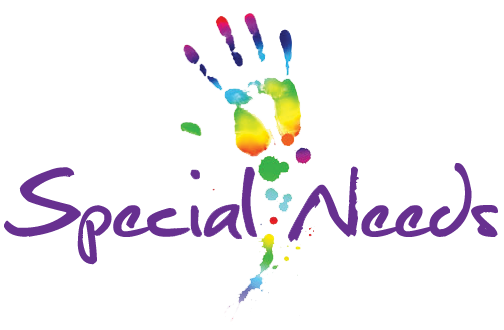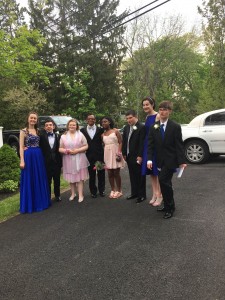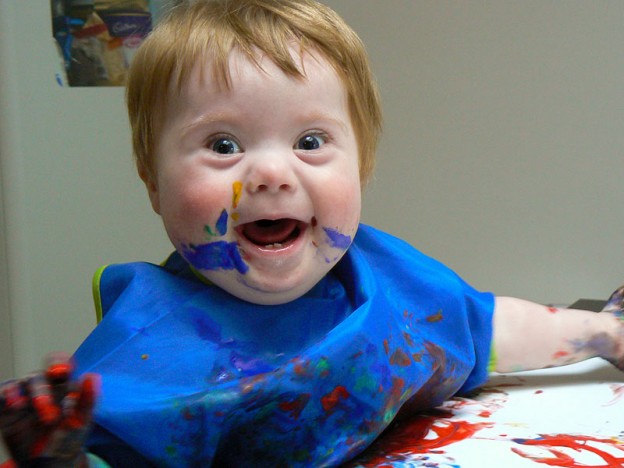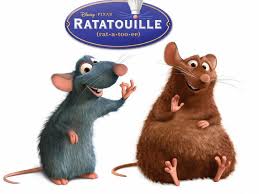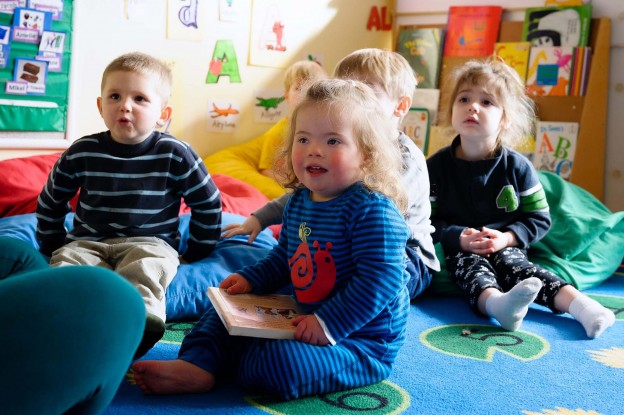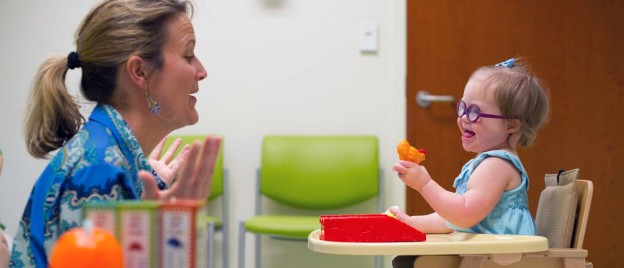Singing Samples
The following five recordings are not folklore. These are video and audio recordings sent in by parents of either their children or them singing to their children.
Informant Information:
Mary Kate resides in Andover, Massachusetts. She has a daughter who has an undiagnosed developmental disorder. Her daughter is nine years old and participates in the” My Own Voice” choir, a choir for children with special needs in Andover.
Pam is from Andover, Massachusetts. She has a seven-year-old daughter with Down Syndrome who participates in the “My Own Voice” choir, a choir for children with special needs in Andover.
Linda is from North Reading, Massachusetts. She has a thirteen year old son with autism who has been in the “My Own Voice” choir since its very founding four years ago.
Type of Lore: Not Applicable
Language: English
Country of Origin: United States of America
Social/Cultural Context:
The following recordings show how music is used in typical home life for these children and their families. The first demonstrates a mother singing her daughter to sleep, a lullaby is not an uncommon practice, but typically is not performed when the child is nine years old. The singing of the lullaby helps Mary Kate to connect with her daughter, who is non-verbal. The second demonstrates a child singing to her mother before bed. This girl with Down Syndrome is able to use the music to express herself, which is typically difficult for her to do with conventional language. These two recordings share the aspect of being popular songs.
The last three recordings are of Linda’s son, he over the years has found a way to express himself through songs that he writes himself. They do not have particularly advanced tunes or lyrics, but it allows him to be creative with his own thoughts when typical communication is difficult.
Sample 1: Mary Kate singing her daughter to sleep (2016)
Sample 2: Pam’s daughter singing to her at bedtime (2016)
Sample 3: Linda’s son experimenting with Rap part 1 (2014)
Sample 4: Linda’s son experimenting with Rap part 2 (2014)
Sample 5: Linda’s son’s Mother’s Day video (2016)
Collector’s comments:
While as we said before these videos are not recordings of folklore, we think that these exhibit very important examples of these children trying to both make sense of their surroundings and communicate in their own individual ways. This is especially seen in the last three clips. These videos were taken a few years apart, and it is apparent how much progress that Linda’s son has made in creating his songs. The last clip is especially touching, it is a song that Linda’s son wrote for her for Mother’s Day, a truly unique gift that he made in an attempt to express his gratitude for her.
Tags/Keywords: Special Needs, Autism, Down Syndrome, Music, Songs, Sleep, Communication, Family


